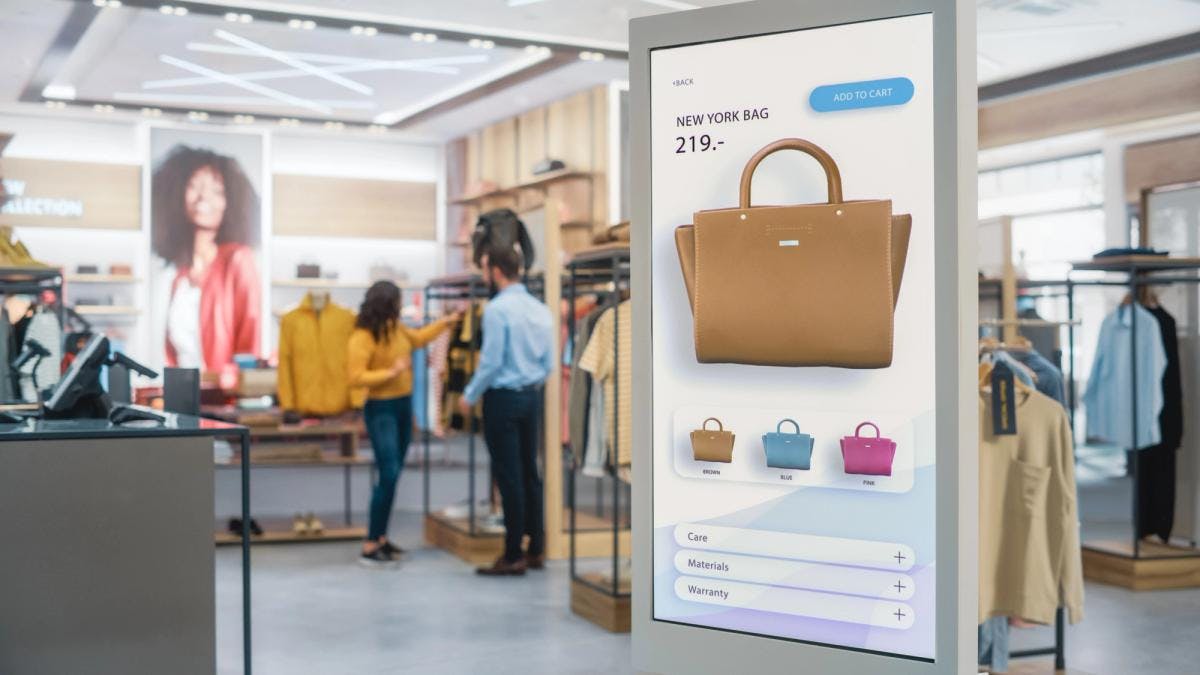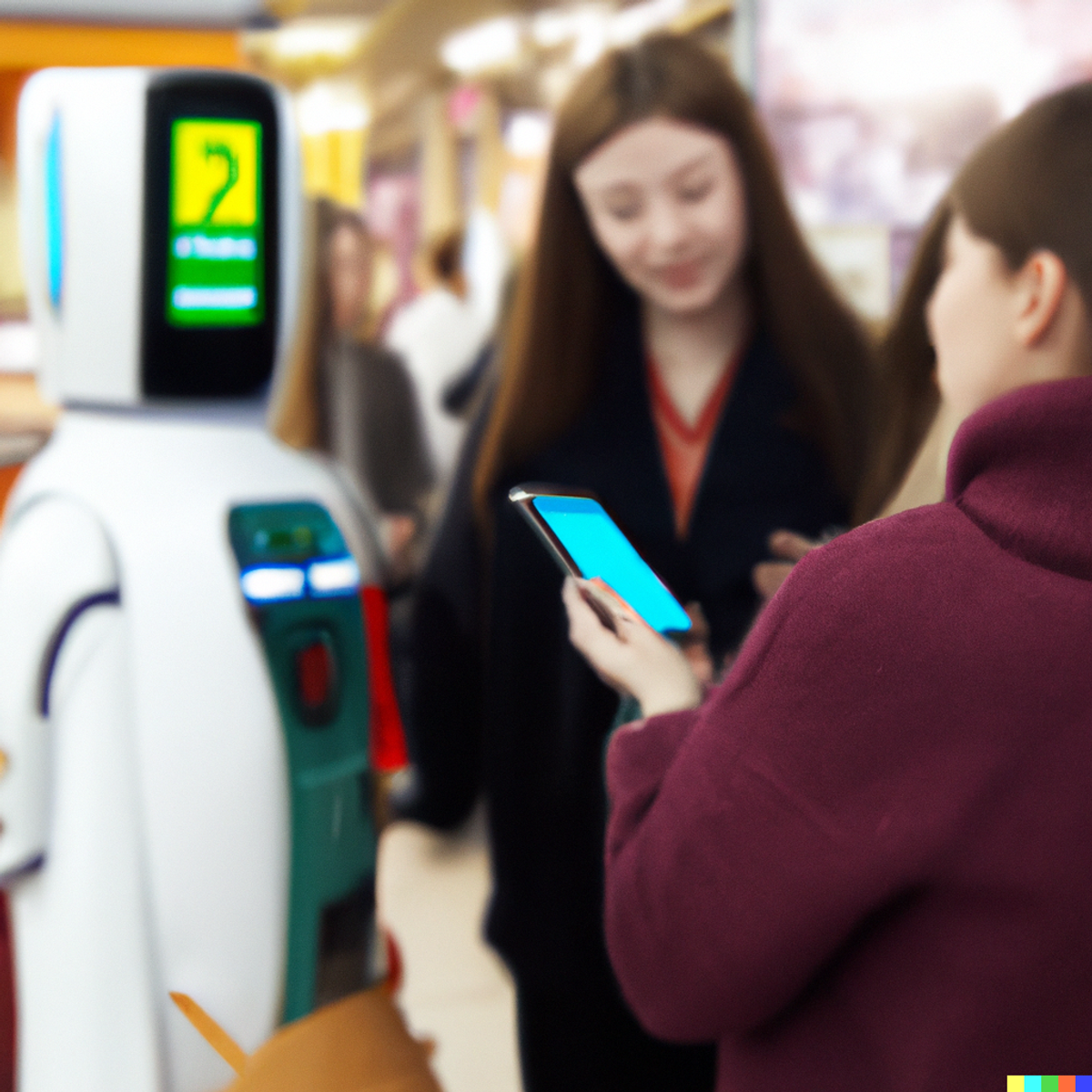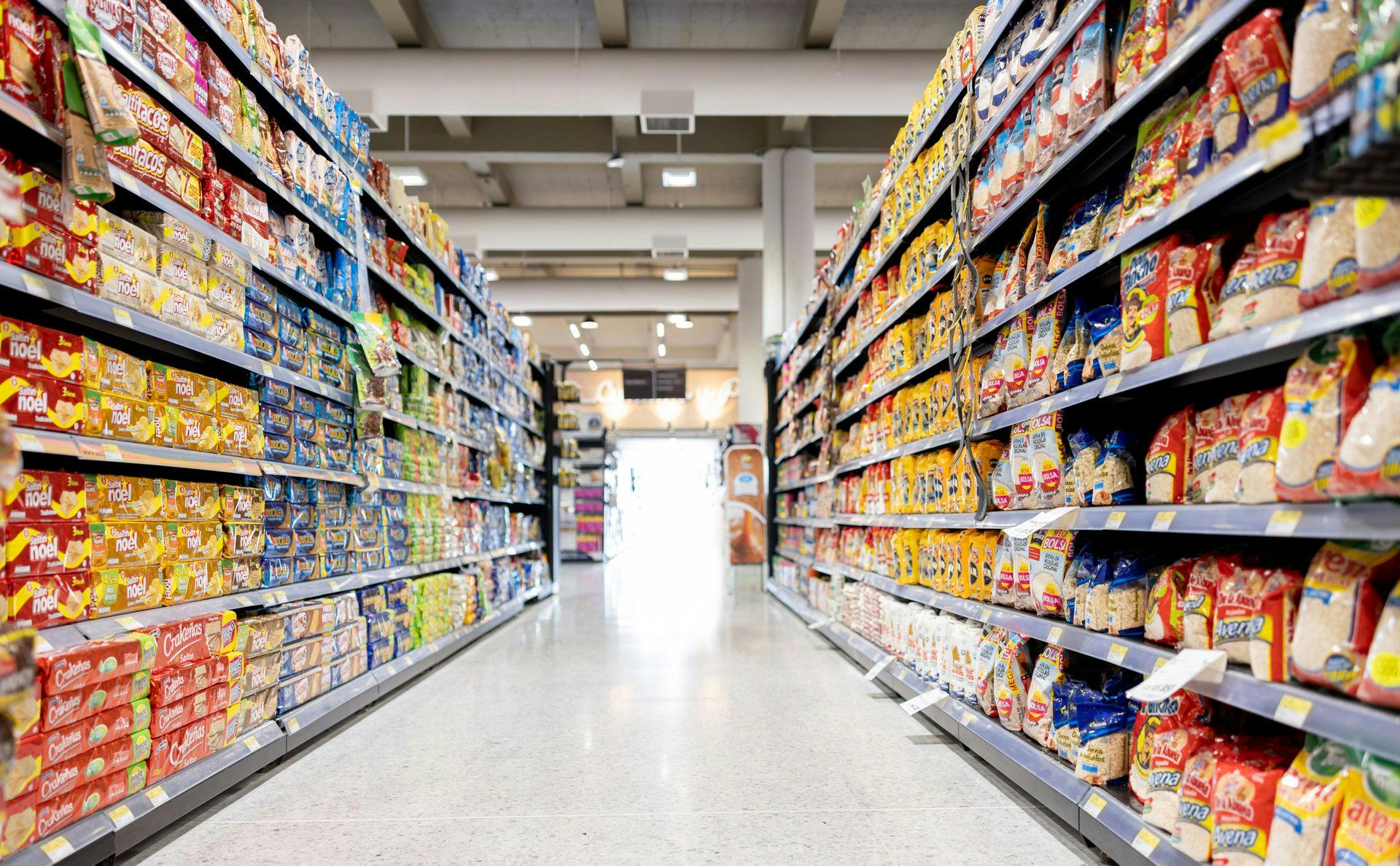Retail Media Inteligente. IA para personalizar tu tienda física.
Activa el producto perfecto, al cliente adecuado en el momento idóneo de cada tienda.
¿Sabrías cómo mejorar las tasas de Atracción, Interacción y Conversión en tu tienda física?
Personaliza tu tienda igual que lo haces Online.
- Automatiza la personalización.
- Mide resultados.
- Mejora las ventas.
Cada tienda tiene un ADN único.
Su activación a medida nunca fue tan fácil.

1
Desarrollamos algoritmos Prime Time.
Para cada categoría de productos en cada tienda.
- Basados en datos internos.
- Que correlacionan con variables externas.
- Recibe recomendaciones a medida.

2
Transformamos tiendas en entornos inteligentes
- Conectando todos los dispositivos disponibles.
- Midiendo impactos generados.
- Aprendiendo y mejorando con cada interacción.
Mejora de conversión en 2023: +38%
Un Software único de Inteligencia Artificial que se compromete con tus resultados.
Integra el software que está revolucionando el Retail
Mejoramos el rendimiento de tus campañas igual que las campañas performance lo hacen en Online.
Nuestros algoritmos Prime Time activan el 100% de tus datos transaccionales para garantizar que tus ventas aumentan de forma óptima.
Integramos la IA con tus dispositivos Hardware en tienda.
Aprovecha esta oportunidad para crear un canal de comunicación inteligente y monetizarlo con ingresos adicionales.

1
Vende más. Impacta a tu cliente a lo largo del todo el Customer Journey.
Relaciónate con tu cliente en todas las zonas de su Customer Journey:
- Escaparate.
- Entrada tienda.
- Interior tienda.
- Zona de cajas.
- Empleados.
Transforma en inteligentes todos los dispositivos en tienda: pantallas, audio, básculas, móvil...

2
Obtén ingresos publicitarios.
El Retail Media Inteligente permite a las tiendas físicas ofrecer un canal a proveedores y marcas interesadas.
Conectamos con agentes publicitarios DSP y SSP.
Descubre cómo transformar tus tiendas en inteligentes.
Mejora el impacto de tu plan de Marketing.

Predice y mide comportamientos de la tienda y el consumidor.

Automatiza la personalización: 100% a medida, en cada tienda.

Mejora tu capacidad de comunicación: X4 el número de campañas activas.

Garantiza una mejora en ventas: Índice de acierto superior al 30%.

Asegura una buena experiencia de tu cliente en tienda
Sectores de Retail que ya hemos impulsado
Sea cual sea tu sector, te acompañamos al siguiente nivel
Clientes que ya confían en nosotros
Logros Conseguidos
+30%
Incremento de Ventas Medio
+120
Clientes Multisectoriales
+22K
Sites Conectados
+2TB
Datos Analizados
Conecta con tus clientes, mide y boostea tu tienda física.
¿Necesito saber cómo utilizar la IA para utilizar la Tecnología Ladorian?
¿Con quién debo contactar para pedir presupuesto del software Ladorian?















![[object Object]](/_next/image?url=https%3A%2F%2Fcdn.sanity.io%2Fimages%2Fx2stqubc%2Fproduction%2F0feaa4f32f303e9b7937b5c75fca9c053af7d2de-430x281.png%3Fw%3D400&w=3840&q=75)






